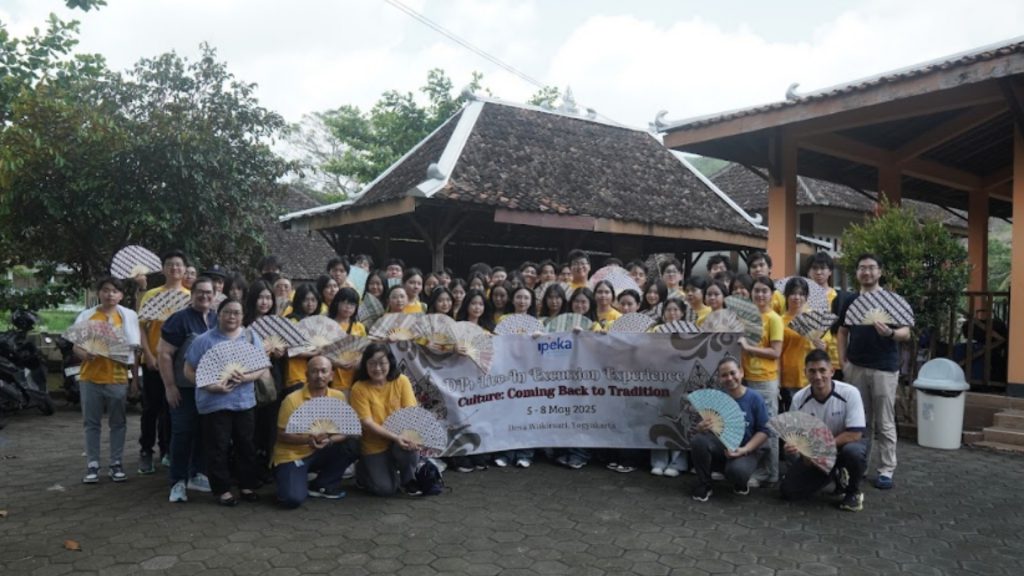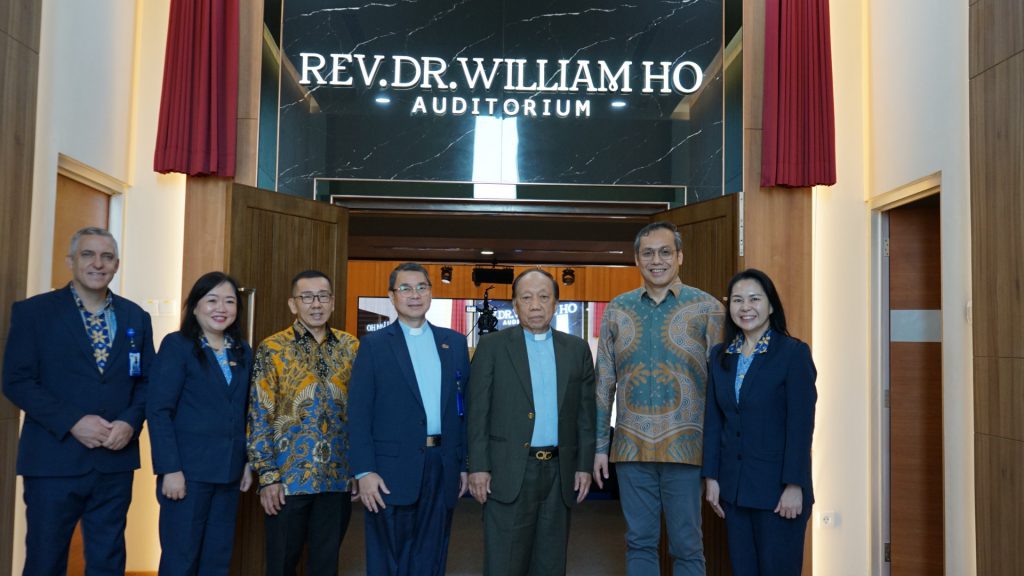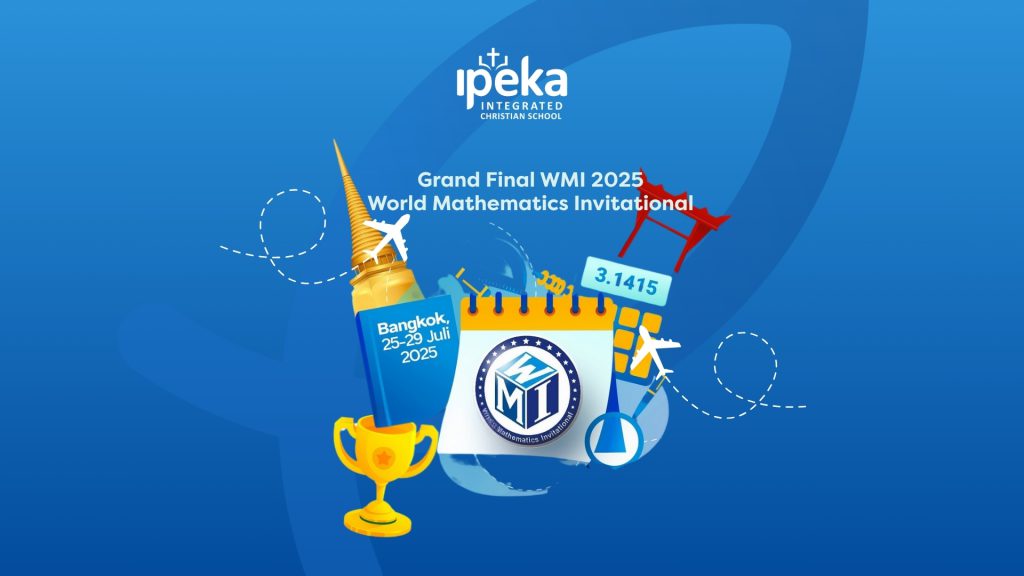Education in the Digital Era: Transforming Learning in the 21st Century
Education has undergone significant transformation with the development of technology in the digital era. This era, often referred to as the 21st century, has brought changes in how we learn, teach, and interact with information. In this article, we will explore the role of technology in the transformation of learning and the importance of education in the digital era.
One of the key impacts of the digital era is the easy access to information. Students now have access to diverse learning resources through the internet. They can search for materials, read articles, watch instructional videos, and engage in online discussions. This opens up new opportunities for exploration and self-directed learning.
Furthermore, technology enables more interactive and enjoyable learning methods. Print books and chalkboards are no longer the sole learning tools. Now, there are mobile applications, learning software, and digital platforms specifically designed to enhance the learning experience. For instance, game-based learning platforms incorporate gaming elements into education, thereby increasing student engagement and motivation to learn.
Educators can also leverage social media and knowledge-sharing networks to expand the classroom. They can create online discussion groups, share learning materials, and interact with students outside of class time. This allows for continuous learning and easier collaboration between students and teachers.
Moreover, education in the digital era opens doors for personalized approaches. With technology, teachers can identify individual students' learning needs and provide tailored materials. There are adaptive learning applications that can automatically adjust the difficulty level and learning content based on students' abilities and learning pace.
However, it is important to remember that the use of technology in education should not replace the role of teachers. Teachers remain crucial in guiding and inspiring students. They are responsible for guiding the learning process, providing direction, and ensuring that technology is used effectively.
In this ever-evolving digital era, it is important for education to continue to adapt. Teachers need to continuously develop their digital skills and integrate technology wisely into the curriculum. Students also need to be equipped with strong digital literacy to utilize technology wisely and critically.




